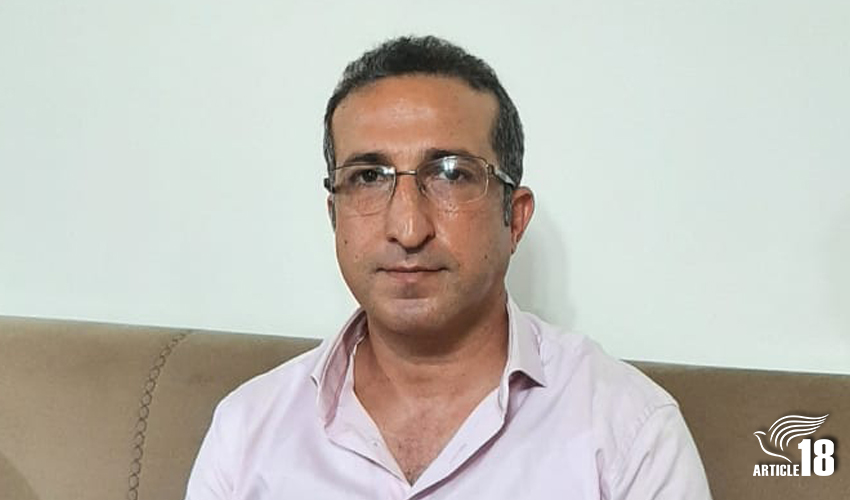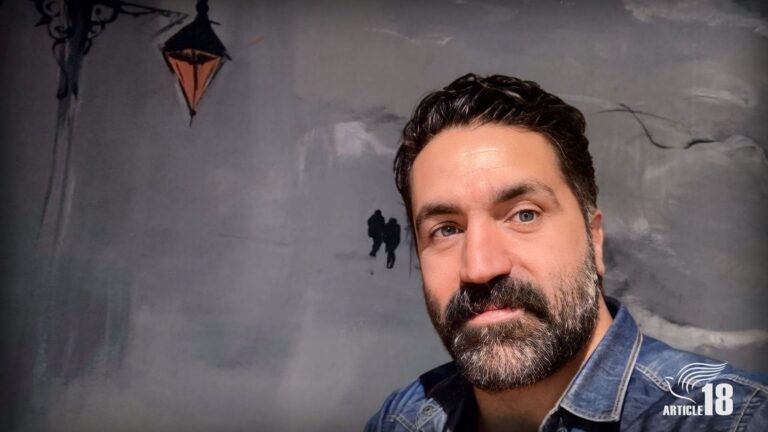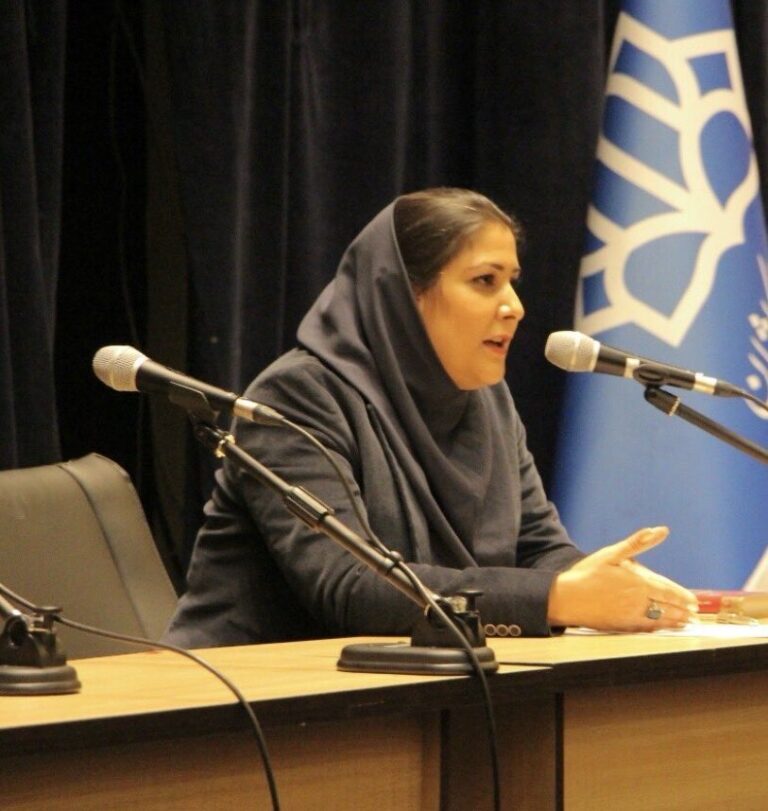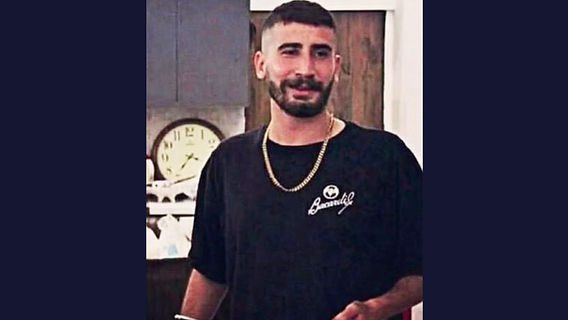
An Iranian pastor once sentenced to death for his “apostasy” has been “pardoned” and released after nearly five years in Tehran’s Evin Prison, but told he still faces flogging and two years’ exile 2,000km from his home.
Yousef Nadarkhani, whose death sentence was overturned back in 2011, was sentenced again in July 2017, alongside three other converts, to 10 years in prison and two years’ exile for “acting against national security by propagating house-churches and promoting ‘Zionist’ Christianity”.
A year later, Pastor Yousef was violently arrested at his home in Rasht, northern Iran – one of his sons was also assaulted – and taken to Tehran to begin his sentence.
And, aside from two short furloughs, there Pastor Yousef has remained until his release on Sunday, 26 February.
But as the pastor was being released, despite having been told he had been pardoned – and this also recorded on the official prison database – he was informed he would soon be summoned to receive 30 lashes and also to serve his two years in exile in Nikshahr, on the other side of the country from his home in Rasht.
Pastor Yousef was told that the lashes were because of an unauthorised leave of absence from prison, when he failed to return to prison on time after his most recent of two furloughs last year. For this, he was told he had been sentenced to 40 lashes, but that one quarter of this number had been “forgiven” him.
Speaking to Article18 from his home, Pastor Yousef said he was “happy to be released and at home after nearly five years in prison” and “very grateful for all those who prayed for me and remembered me while I was in prison”.
He added: “All I endured was small in comparison with what Christ has done for us.”
A long battle
During his incarceration, Pastor Yousef, who is a member of the “Church of Iran” denomination, undertook a three-week hunger strike to protest against the denial of education to his two sons, after they were prohibited from progressing at school because they objected to sitting exams on the Quran.
Pastor Yousef has been fighting for his sons’ right not to sit such exams for more than a decade. In Iran, children of recognised religious minorities, including Christians, are exempt from having to sit these exams, but converts to Christianity are unrecognised, meaning their children are generally still considered Muslim.
Pastor Yousef took his protests to the highest authority in the land, resulting in the Supreme Leader, Ali Khamenei, giving an opinion on the subject in the form of an official fatwa, which stated: “The [convert] himself may be considered an apostate, but if they married after the apostasy, according to their own new religious principles, their children will not be considered apostates.”
Given that Pastor Yousef and his wife, Tina, married after their conversion, this ruling should have meant that their children should be treated as Christians, but in practice this has not proved the case.
In 2020, Pastor Yousef’s sentence was reduced to six years, and later that year the UN’s Working Group on Arbitrary Detention ruled that his detention was “arbitrary” on four counts: lack of legal basis for detention; detention resulting from “legitimate exercise” of freedoms; lack of fair trial and due process; and “discrimination based on religious beliefs”.
Pastor Yousef denied himself the opportunity of a furlough from prison until 2022, declaring that he did not feel comfortable taking a break from prison until all other Christian detainees had had the opportunity.
The US Commission on International Religious Freedom was one of many Western institutions to follow Pastor Yousef’s case, and advocate on his behalf.



0 Comments
Trackbacks/Pingbacks